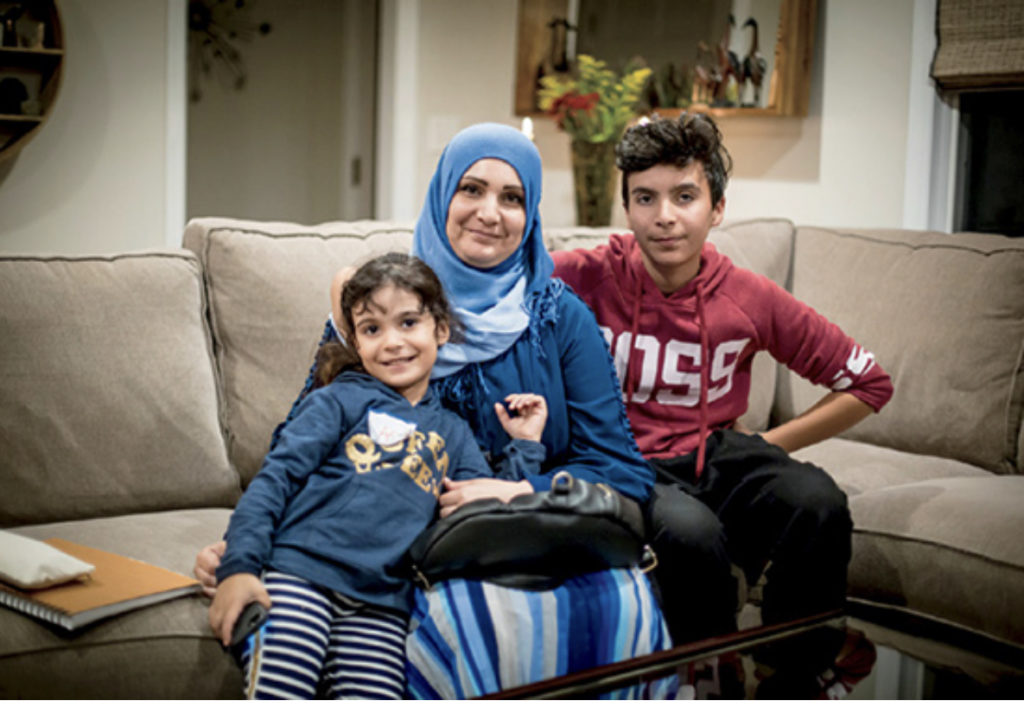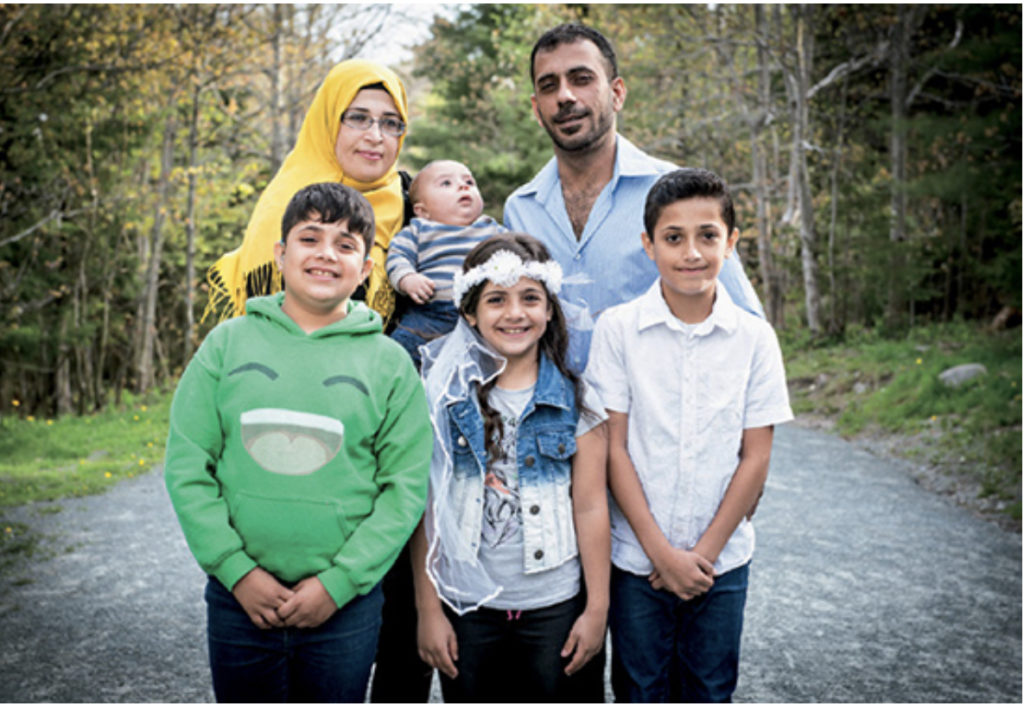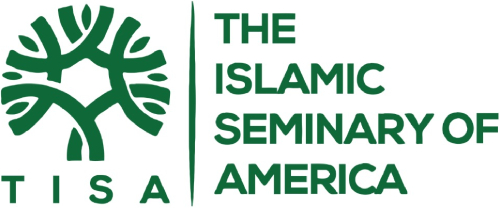Any person who has been forced to leave their country to escape war, persecution, or a natural disaster is a refugee. Even the first settlers to the United States, who came to the New World to flee religious and political persecution in Great Britain, were refugees.
In 2015, more than 1,011,700 migrants from around the globe arrived in Europe by sea and almost 34,900 by land, primarily through Turkey and Albania. But in 2017, the Trump administration reduced the number of refugees permitted to enter the United States from 110,000 to 50,000 per year. Those that were turned away, primarily women and children, were forced back into danger and displacement. Various attempts by the Trump administration to ban travelers originating from certain countries led to impossible circumstances for many individuals separated from loved ones. This resulted in Syrian refugees, who are facing a crisis of unimaginable proportions, being suspended indefinitely from entering the United States—all because of prejudice and suspicion. These measures only work to legitimize the harmful and inaccurate stereotype that all Muslims are terrorists and lead to an often-violent backlash against the American-Muslim community.
SOURCE: Muslims of the World by Sajjad Shah

Rafal 39, Hackensack, New Jersey
We were happy in Iraq. My husband worked as an accountant, and I was a housewife making sure my children received the best possible care and education. My parents used to live near me. My husband and I built ourselves a small, happy family.
In 2003, after the war broke out, things changed dramatically. My husband lost his job, so he began to work with a company that did business with the United States. As a result, unknown Iraqi groups threatened to kill him several times. We were terrified. For years we could not move anywhere else. We were stuck in Iraq dealing with both death threats and an ongoing war. Thoughts of my children kept me awake at night: What if something happens to their father? Or me? Where will they go?
My husband decided it was time to leave. We packed our things and arrived in the United States via the American Embassy. It felt like freedom the minute we arrived. It was a great feeling, but it didn’t last long. The program that hosted us gave us a house for six months, but we had to complete a lot of paperwork during that time in order to keep living there.
I didn’t know any English. My husband barely knows English, and my children did not learn English well in Iraq. We could not complete the paperwork we were given. After six months passed, we were thrown into the streets with the little furniture and clothing we had. I was desperate. It was cold. We were a family of five that had no place to go. My two sons were able to sleep at friends’ houses. My husband, my daughter, and I stayed at a cheap hotel for a few days, then in a friend’s basement for two months. My husband was angry, and he felt ashamed of not being able to provide for his family. He got a job, but that did not last long. He was sick and any job that required mobility was impossible for him to keep. Finally, a lawyer I knew came to the rescue and helped with the paperwork. We got a house and food stamps. We felt like human beings again.
I miss Iraq, but life here is safe. I am not worried about my sons being kidnapped by some militia, or my husband being shot. It’s a hard, daily struggle to provide for my children in such an expensive country, but they are worth it. I cook, clean, homeschool, anything to make my children happy and give them their basic needs. I am now learning English and planning to go back to school. People are kind to us. Everyone is trying to help, and I am grateful I am so lucky. But I’m also sad and worried for the hundreds of thousands of people who still live in fear every day back in Iraq.

Wael 35, Halifax, Nova Scotia, Canada
I was destined not to have a normal life in the town of Al-Harra in Syria, where I was born. My only friends were Kasem and his sister, Rana. We all had one major thing in common: We were born deaf. We used to spend our time together playing and sometimes fighting (but never for long). This all changed when their mother died. Rana was nine years old, and she cried hopelessly. Kasem and Rana moved to another city to live with another family member for some time. Just like that my two friends disappeared from my life. To combat my loneliness, I started working with my dad. I became an expert at installing and fixing tiles. My body became strong, but my heart was empty.
Ten years later, I saw Rana walking nearby. My heart was racing but I didn’t have the courage to walk up to her and say hello. I went to my dad, and I only had one thing to say: “She’s the one, I swear!” He was hesitant at first since love that comes so quickly is hard to believe for most, but he finally accepted that I was serious. We got married and were blessed with three deaf children and one hearing child. But then the war started, and our joy was stolen. Things kept getting worse, and escape became our only solution. We walked for five days until we reached Amman. We spent two years floating around UN camps then a golden opportunity arose: a chance to settle in Canada.
People are nice here, and we have a place to call home, but there are many obstacles that are hard to overcome. Sign language is different, and snow is the norm. My kids don’t have friends here, and at first, I had no job. We had and still have reasons to despair, but patience and faith have provided us with what we need to transform. It has been a year now, and things are better. I am now employed, and my kids can write every English letter. I am a refugee who cannot hear, but how can I not be thankful for God’s abundance of blessings? I’ve learned to remain optimistic and be content with what I’m given.

